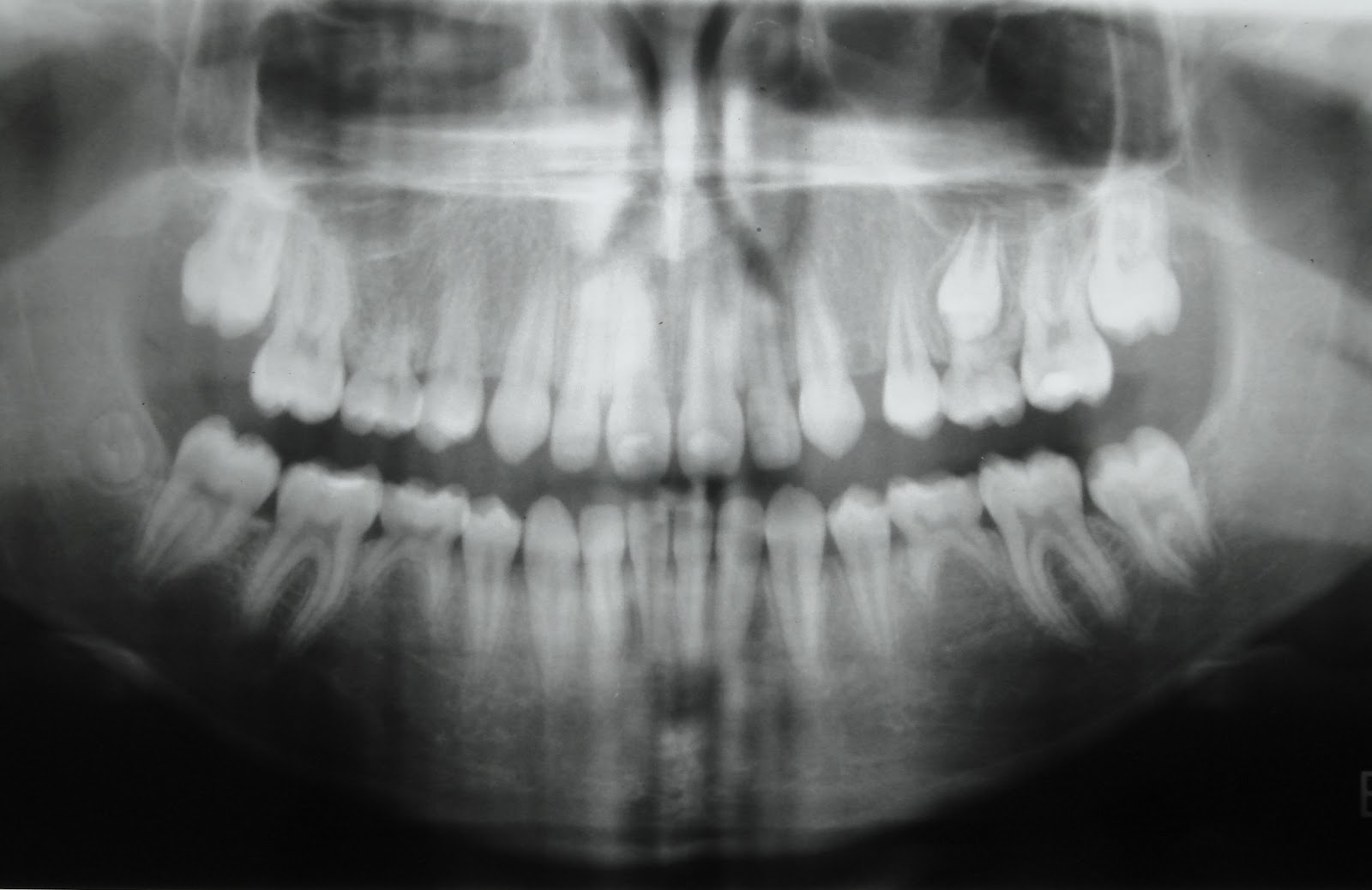OVERVIEW
X-rays, also known as radiographs are essential when it comes to diagnosing dental treatment. They are diagnostic, but can also be preventative. They help a dentist diagnose potential issues before it becomes major. An x-ray is a type of energy passing through the soft tissues in your mouth and capturing dense tissue. For example, we cannot see cheeks and gum on an x-ray, but we can see teeth and bone.
X-rays are divided into two main categories
- Intraoral, x-ray taken inside of the mouth
- Extraoral, x-ray taken outside of the mouth
Intraoral are the most common x-ray. They help dentists…
- Find cavities
- Look at roots of the tooth
- Check the health of the bony area around the tooth
- Recognize periodontal disease
- See the status of developing teeth
- Monitor good tooth health through prevention
The benefits of X-rays are well known. They help dentists diagnose common problems, such as tooth decay, gum disease, and infections. Radiographs also allow dentists to see beneath gums and inside of a tooth.


